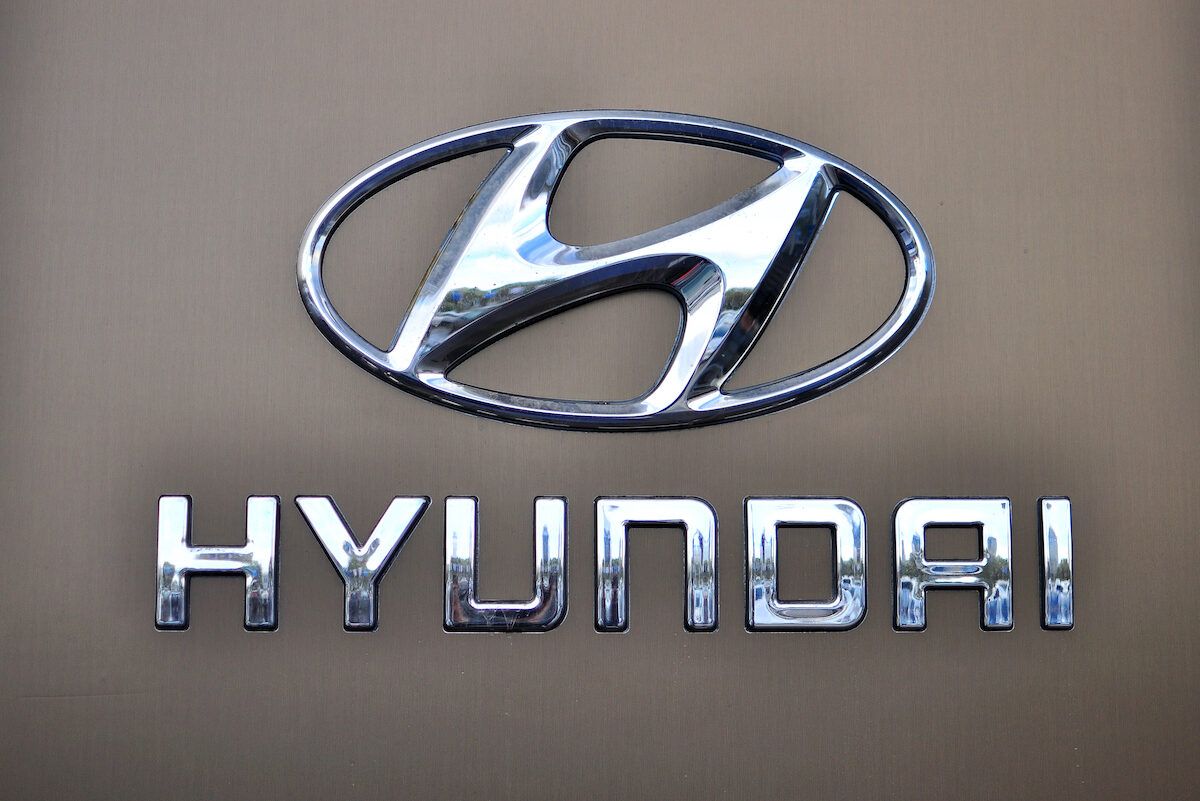
Update:
- A judge dismissed a class action lawsuit filed by a group of vehicle owners against Hyundai Motor Co. in a California federal court.
- The class action lawsuit claimed a number of Hyundai and Kia model vehicles contained an engine defect that caused them to use an excessive amount of oil.
- The vehicle owners argued the alleged defect, in addition to costing them money for the excess oil, caused the vehicles to stall and eventually fail.
- Court approval of the dismissal was not required as the class had not been certified nor proposed to be certified for purposes of a settlement, according to court documents.
Hyundai excessive oil consumption class action lawsuit overview:
- Who: A group of Hyundai and Kia vehicle owners are suing Hyundai Motor Co.
- Why: The drivers allege numerous models of Hyundai and Kia vehicles are equipped with defective engines that use excessive amounts of oil, stall and eventually fail.
- Where: The lawsuit was filed in a California federal court.
(April 20, 2022)
Hyundai makes numerous models of Hyundai and Kia brand vehicles with defective engines that use excessive amounts of oil, costing their owners huge sums of money, a new class action lawsuit alleges.
On Apr. 12, eight owners of Hyundai and Kia brand vehicles filed a class action lawsuit against Hyundai Motor Co. in a California federal court, alleging violations of federal warranty laws.
The Hyundai excessive oil consumption lawsuit alleges that numerous models of the automaker’s vehicles are equipped with defective Nu, Gamma, Theta, Lambda and Kappa engines.
The defective engines allegedly use excessive amounts of oil, stall and eventually fail. The drivers say Hyundai should have issued a recall for the vehicles a long time ago but hasn’t.
As a result, thousands of Hyundai and Kia owners and lessees have allegedly been forced to constantly check the oil levels, and oil must be added to the engines more frequently than even the owner’s manuals recommend, Car Complaints reports.
The engine issue has flow-on effects like reduction in engine lubrication due to crankshaft submersion and gaskets and seals damage, which leads to oil leaks.
The plaintiffs also claim that oil in their vehicles migrates to places where it shouldn’t be, damaging the combustion and exhaust systems.
This allegedly causes “abnormal wear of engine parts, oversaturation of carbon and deposits of oil sludge, ultimately requiring a costly engine rebuild or replacement.”
Automaker should honor warranty claims outside terms, Hyundai class action says
The plaintiffs allege that Hyundai should honor customers’ warranty claims even when the warranties have expired.
According to the lawsuit, Hyundai can’t adequately repair the oil consumption problems and doesn’t offer any reimbursement for out-of-pocket costs caused by the issue.
The class action states customers must suffer through long wait times for replacement parts, “and in most cases do not receive required engine replacements.”
The cars with the allegedly faulty engines include the 2012-2020 Hyundai Elantra, 2009-2018 Hyundai Genesis Coupe, 2019-2021 Hyundai Kona, 2020-2021 Hyundai Palisade, 2010-2012 and 2015-2021 Hyundai Santa Fe, 2009-2010 and 2015-2021 Hyundai Sonata, 2011–2021 Hyundai Sonata Hybrid, 2010-2013 and 2015-2021 Hyundai Tucson, 2011-2021 Hyundai Veloster, 2020-2021 Hyundai Venue, 2010-2021 Kia Forte, 2017-2020 Kia Niro, 2011-2020 Kia Optima and Optima Hybrid, 2012-2021 Kia Rio, 2011-2020 Kia Sorento, 2012-2021 Kia Soul, 2011-2020 Kia Sportage, 2018-2021 Kia Stinger and 2022 Kia K5.
Meanwhile, Hyundai has expanded its recall of vehicles with an exploding seat belt part issue that has caused multiple injuries to include 6,240 of its 2021-2022 Elantra and 2020 Accent vehicles.
The plaintiffs are represented by Nye, Stirling, Hale & Miller LLP, Sauder Schelkopf LLC and Walsh, PLLC.
The Hyundai Oil Consumption Lawsuit is Cho, et al., v. Hyundai Motor Company, LTD., et al. in the U.S. District Court for the Central District of California.
Are you one of the drivers affected by an allegedly faulty Hyundai engine? Let us know in the comments!
Don’t Miss Out!
Check out our list of Class Action Lawsuits and Class Action Settlements you may qualify to join!
Read About More Class Action Lawsuits & Class Action Settlements:















3,221 thoughts onHyundai class action over excessive oil consumption dismissed
I have a 2016 Hyundai Sonata I am constantly putting oil in my car and when I had a consumption test done I was told there was nothing wrong with using 3 quarts of oil in less than 1000 miles.
Issue with 2015 Santa Fe sport burning oil. Would like to be added to issue
I have a 2017 Hyundai Tucson that started consuming oil at about 80,000 miles. Local dealership predicted oil consumption test that concluded lising 1 quart every 744 miles. Have been battling with Hyundai Motor America to fulldill their responsibility and honor their wareanty.
I was just denied a new engine because my rod bearings was not the issue, it was oil consumption. I have a 2017 Hyundai Sonata
How do I get added to this? This week my 2016 elantra gt ran completely out of oil. I hear knocking and ticking when turning the vehicle off and I just had to have my solenoid cleaned and oil replaced. No signs of major leaks and I change the oil every 3-5k miles (full synthetic). It is JUST NOW over the 3k mark since the last change. I haven’t noticed any smoke or burning smells, so where is my oil going?? Is my car going to die?
How can I be added to this as well? I have a 2017 Hyundai Santa Fe Sport burning excessive oil and the dealership refuses to replace the engine under warranty.
I have a 2019 Hyundai Sonata I’m continuously putting in the shop every 2 weeks now and the dealership has been replacing my spark plugs close to 6 times now. Oil light continues to come on one week after oils change. It’s just all bad
I have a 2020 Palisade and the oil just “disappeared” twice where the dealership has no idea what happened. My car had less than 15k miles on it. Now I get to have them check the oil every 1k miles not that this will tell them where it went. What a headache!
I have 2015 Sonata and burns oil and constantly changing spark plugs it runs like a damn tank it’s been in shop multiple times since I got it and only has 68000 miles
Add me i swear this oil situation is too much i have a 2017 Hyundai Elantra
Having the same issues as most in this post. 2015 Sonata is burning oil. After three weeks of a new oil change, I lose about 3-4 quarts of oil before I even hit 3k miles. Oil light would come on when turning or quick stops. I have been putting in a quart of oil a week now until the next oil change. Then its repeat cycle.